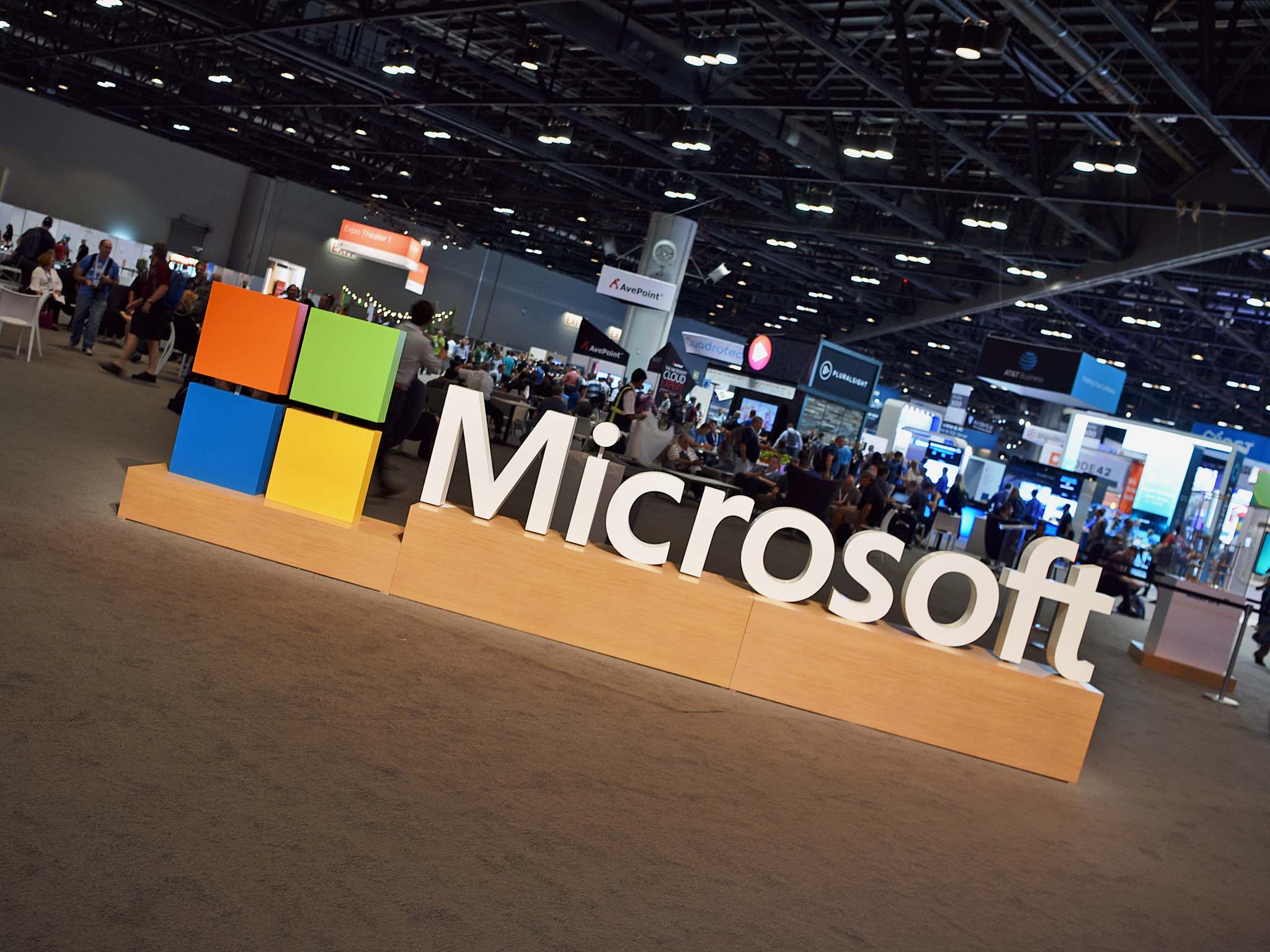Online civility in decline, says Microsoft study
Microsoft polled over 11,000 people about online civility, and the results aren't great.

What you need to know
- A Microsoft study polled people regarding how COVID-19 affects online civility.
- The results of the study generally illustrate that the global pandemic has made online civility worse.
- People from 82% of countries polled believe online civility is worse one year into the pandemic.
The current global pandemic causes stresses in a variety of areas, when people interact online. A new Microsoft study shows that people view the web as a less civil place one year into the global pandemic than before COVID-19 became a worldwide concern.
While the fact that people aren't always civil on the internet isn't new information, the study sheds light on the effects of the current global pandemic on online civility. People in 82% of countries polled for Microsoft's study believe that online civility is worse one year into the pandemic. Only Columbian participants believe that civility online has gotten better since a year of a global pandemic.
For the study, Microsoft polled teens ages 13-17 and adults ages 18-74. In total, over 11,000 people were surveyed for the study. People were asked about 21 online risks ranging across four categories; behavioral, sexual, reputational, and personal/intrusive. Microsoft has researched internet civility for several years, including surveying almost 70,000 people.
Microsoft defines the categories in a footnote:
- Reputational – "Doxing" and damage to personal or professional reputations.
- Behavioral – Being treated meanly; experiencing trolling, online harassment or bullying; encountering hate speech and microaggressions.
- Sexual – Sending or receiving unwanted sexting messages and making sexual solicitations; receiving unwanted sexual attention and being a victim of sextortion or non-consensual pornography (aka "revenge porn").
- Personal/intrusive – Being the target of unwanted contact, experiencing discrimination, swatting, misogyny, exposure to extremist content/recruiting, or falling victim to hoaxes, scams or fraud.
Only 17% of respondents said that online civility improved as a result of COVID-19. 30% said that it worsened due to the global pandemic. Microsoft highlights some other insights from the study:
- "A greater sense of community" tumbled 12 percentage points to 50% from 62% in 2020;
- "People have been more encouraging to each other" dropped eight percentage points to 49% from 57% last year; and
- "People have come together more to deal with the crisis" was down six percentage points to 53% from 59% in the previous study.
- Finally, "more people are reconnecting with friends and family" slipped just two percentage points to 56% from 58%, but a decline, nonetheless.
Microsoft also highlights that three of the five negative outcomes related to COVID-19 increased for the recent study:
- "People are taking out their frustrations online" was up seven percentage points to 67%;
- "People are less tolerant" edged up to 59% from 54% last year; and
- 54% of respondents said they had experienced or witnessed more personal attacks and negative comments this year compared to 53% in 2020.
The full results of the study will be revealed on February 8, 2022, which is Safer Internet Day 2022.
All the latest news, reviews, and guides for Windows and Xbox diehards.
This isn't the first Microsoft study that points to a seemingly obvious fact. In April, Microsoft published a study that explained that it's important for people to have breaks. While these overall facts may seem obvious, studies like this help quantify data, compare how trends affect different regions, and occasionally lead to surprising results.

Sean Endicott is a tech journalist at Windows Central, specializing in Windows, Microsoft software, AI, and PCs. He's covered major launches, from Windows 10 and 11 to the rise of AI tools like ChatGPT. Sean's journey began with the Lumia 930, leading to strong ties with app developers. Outside writing, he coaches American football, utilizing Microsoft services to manage his team. He studied broadcast journalism at Nottingham Trent University and is active on X @SeanEndicott_ and Threads @sean_endicott_.
